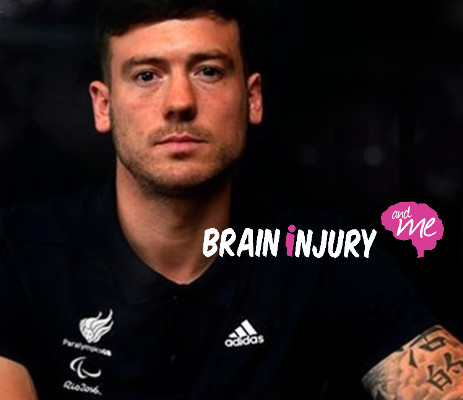The time immediately after the injury is bound to be full of worry and uncertainty for everyone concerned.
It is very important that you receive as much support and information as possible and you can ask the nurses and consultants any questions that you have. However, they are often very busy and may not have as much time to talk to you as you would like. If you have concerns about this, ask at reception to speak to the Patient Advice and Liaison Service (PALS) which is an independent source of advice and support.
You will probably want definite answers in the early stages, which the medical staff often can’t provide. Rest assured that if this is the case, you are not being deliberately kept in the dark. If the injury is very severe then stabilising and managing your loved one’s condition will be the main priority. The long-term difficulties will only become apparent at a later stage, such as when rehabilitation starts, or even when they return home.
More about brain injury on headway.org.ukHospital treatment and early recovery
Explore our main website for information on:
Supporting you
A brain injury affects more than just the individual. It can change relationships in an instant, altering family dynamics and putting emotional strain on all those who love and care for the person who has sustained the injury.
If you know someone who has recently sustained a brain injury, or who is living with the long-term effects, find out how we can help:
- Get support from our free, confidential helpline on 0808 800 2244 or helpline@headway.org.uk
- Make contact with your local Headway
- Get urgent support from a Headway Acute Trauma Support Nurse (some areas of the UK only)
- Apply for a grant from our Emergency Fund to help you cope with the sudden practical implications of brain injury (grants are means tested and subject to personal circumstances)
- Find out more about caring for someone with a brain injury
- Get more information on brain injury on our main website or from our award-winning factsheets and publications




